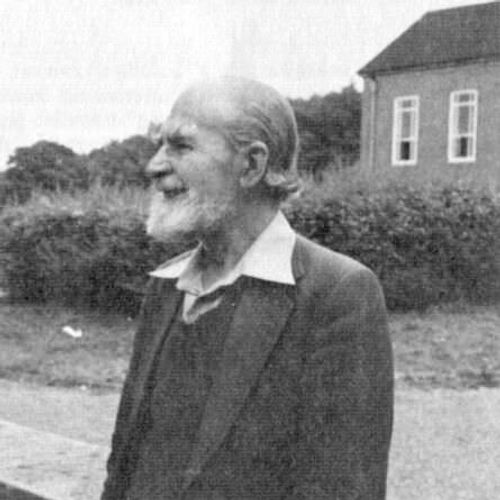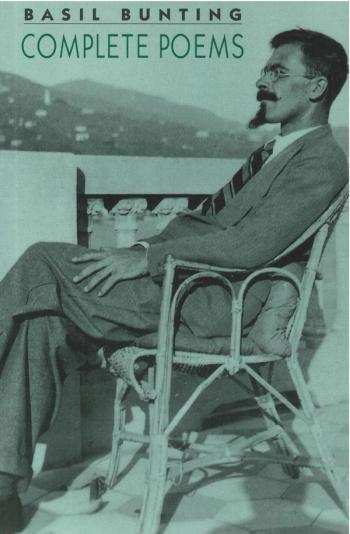Translated by Richard Caddell
With a contribution by Basil Bunting
Basil Bunting (1900-1985) is one of the most important British poets of the twentieth century. Acknowledged since the 1930s as a major figure in Modernist poetry, first by Pound and Zukofsky, it was not until thirty years later––in 1966––that the Northumbrian master poet published Briggflatts, which Cyril Connolly called “the finest long poem to have been published in England since T.S. Eliot’s Four Quartets.” In addition to Briggflatts (otherwise unavailable in the U.S.), this new Complete Poems includes Bunting’s other great sonatas, most notably Villon (1925) and The Spoils (1951), along with his two books of Odes, his vividly realized “Overdrafts” (as he called his free translations of Horace, Rudaki, and others), and also his brilliantly condensed Japanese adaptation, Chomei at Toyama (1932). This edition presents the original Collected Poems published earlier by Oxford University Press, with the addition of Bunting’s posthumous Uncollected Poems, and has an introduction by Richard Caddel, Director of the Basil Bunting Poetry Center at Durham University.

